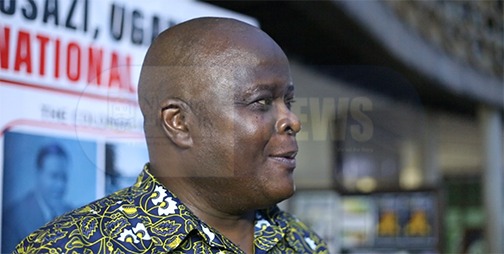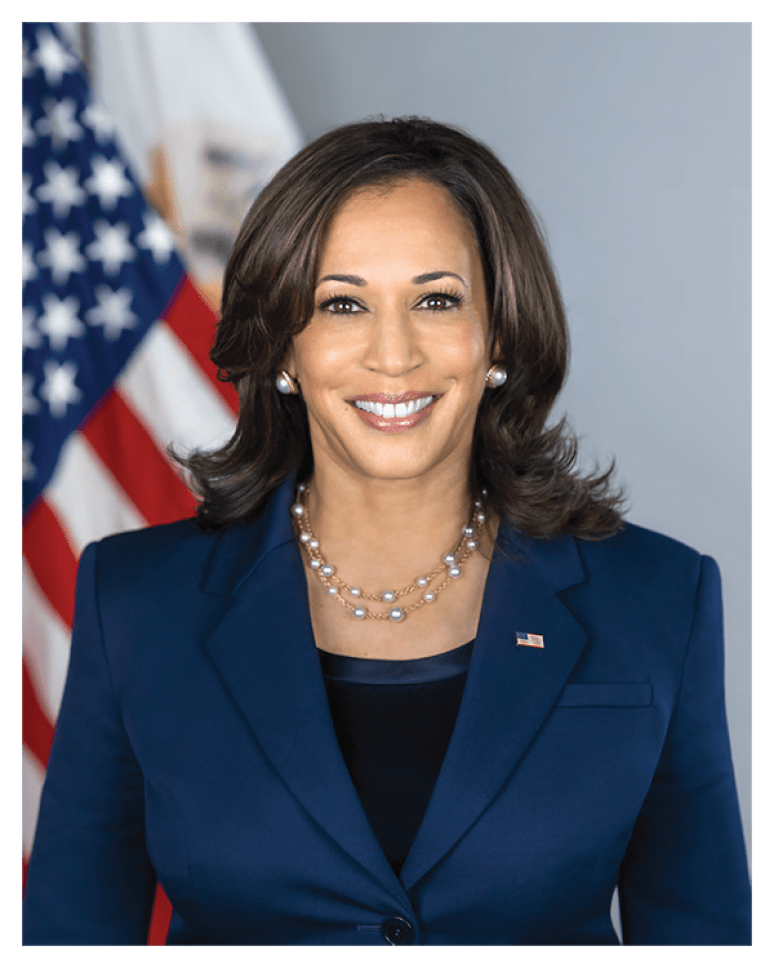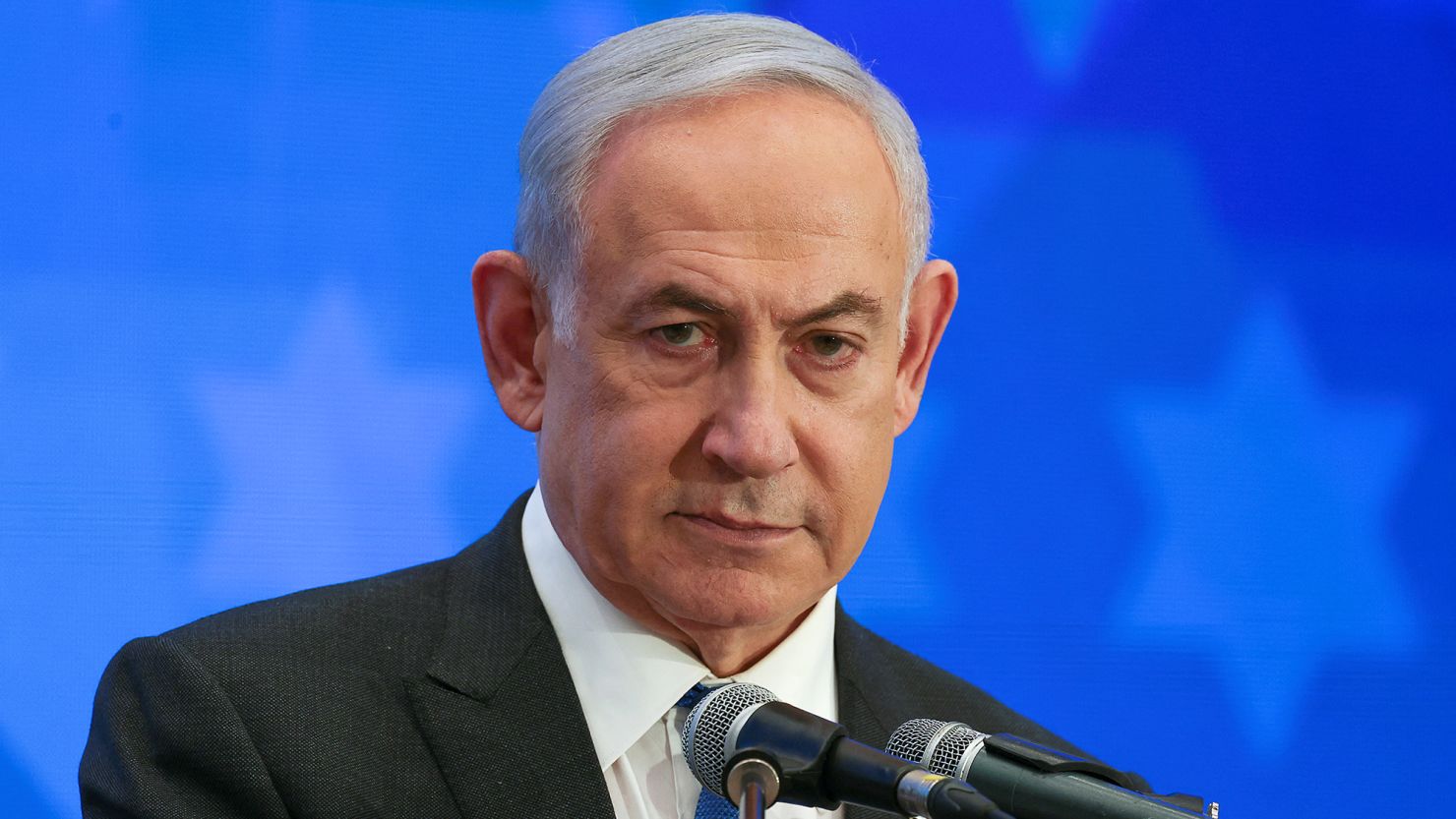“Uganda’s Visionaries Advocate for Political Engagement
In a compelling address at the “Ignatius Kangave Musazi Annual Lecture and Memorial Week” held at the National Theater, Ambassador Kintu Nyago, Uganda’s Deputy High Commissioner to South Sudan, passionately called upon Ugandans to embrace active participation in the political affairs of their nation.
During his speech, Nyago emphasized the transformative power of politics, viewing it not as a dirty game, but as a science for managing society effectively.
“Ignatius Musazi never used politics as a dirty game but a science of managing society, taking politics seriously,” Nyago asserted, highlighting Musazi’s commitment to principled governance.
Nyago encouraged political practitioners to adopt the concept of “servant leadership,” advocating for selflessness and prioritizing the community’s needs over personal ambitions.
He further urged leaders to make sacrifices for the greater good of the nation, echoing Musazi’s legacy of selfless service.
Another prominent voice at the event was Ian Tebukozza, a respected educationist, who advocated for the revitalization of Uganda’s cultural heritage. Tebukozza emphasized the importance of reclaiming indigenous identity by replacing colonial-era names with ones deeply rooted in local culture and history.
“Embrace culture by adopting names that align closely with the values and heritage of the local community, eliminating colonial names and reshaping our naming system,” urged Tebukozza, underlining the significance of this move in decolonizing the societal landscape.
Tebukozza further emphasized the need for Ugandans to create and share their own narratives, emphasizing the importance of authentic storytelling. He stressed the value of developing genuine characters in these stories, reflecting the nation’s diverse experiences and perspectives.
The event served as a rallying point for Ugandans, encouraging them to actively engage in politics and take pride in their cultural heritage. As the nation moves forward, the words of Ambassador Nyago and Ian Tebukozza resonate, shaping a vision of an empowered, culturally rich Uganda built on the foundation of inclusive politics and a revived cultural identity.
Looking back to the history of Ignatius Kangave Musaazi the late,
He was born in 1902 to a Gombola chief in Bulemezi, Musaazi’s educational journey took him through mission schools and eventually led him to St. Augustine’s School in Canterbury, England.
Upon his return to Uganda, he became a teacher, contributing to the education of many at King’s College Buddo. He ascended the ranks to the position of Inspector of Schools from 1935 to 1936.
Musaazi’s remarkable legacy includes founding the Peasants’ Farmers Volunteers Organization, later becoming the President of the Federation of African Farmers.
On March 20, 1952, Musaazi established the Uganda National Congress (U.N.C) as a response to the colonial era. Under his leadership, the U.N.C transcended tribal, regional, and religious divisions, demanding self-rule Wefor Uganda.
Musaazi’s U.N.C played a pivotal role in challenging European rule and exploitation, vehemently opposing the federation of the three East African states. His relentless efforts, including nationwide demonstrations and strikes, compelled the colonial government to contemplate granting independence to Uganda.
Under Musaazi’s guidance, U.N.C organized boycotts on non-African shops and vociferously condemned the deportation of Kabaka Edward Muteesa I to London in 1953.
In 1959, the U.N.C split into two wings, one led by Jolly Joe Kiwanuka and another anti-Buganda wing led by Obote. Musaazi, meanwhile, found himself in London, where he had been exiled by the colonial government.
The newly elected guild president, Ignatius Kangave Musaazi, bears the same name as his grandfather, a Whether he will leave an equivalent or nearly -equivalent legacy in the realm of politics, only time will tell.





















Discussion about this post